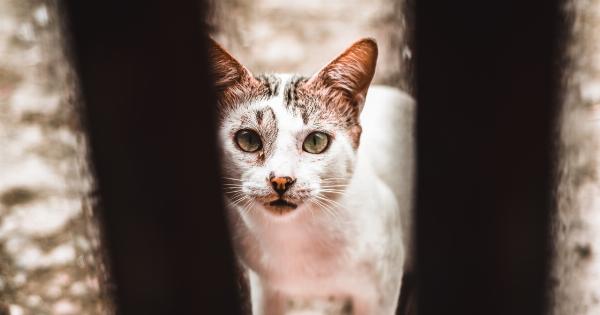Do you often find yourself swatting at thin air, or hear the incessant buzzing of tiny wings? These are the tell-tale signs of pesky flying insects, commonly referred to as “flies”.
While most annoying, these insects serve a purpose in the ecosystem. Read on to learn all about these irritating “flying” insects.
What are Flies?
Flies are winged insects, generally small in size. They have two wings, and are typically found near decaying organic matter, where they feed and breed. Common types of flies include house flies, fruit flies, and horse flies.
Though they come in various shapes and sizes, flies can be identified by their large compound eyes and flat bodies, which allow them to easily maneuver and rest on surfaces.
Why are Flies Irritating?
Flies are irritating for a number of reasons. Firstly, they can carry and spread diseases such as cholera, dysentery, and salmonella.
Flies feed on fecal matter, garbage, and rotting food, and can carry bacteria and viruses on their bodies and in their feces. In addition to health hazards, flies can be a nuisance in homes and public areas, buzzing around and landing on people and food. The incessant buzzing of flies can also be a major distraction and annoyance.
How Can You Control Flies?
Fortunately, there are a few things you can do to control the presence of flies in your home or workplace. The first step is to properly dispose of food waste. Keep trash bins and compost piles secured and away from living spaces.
Regularly clean and disinfect surfaces and food storage areas to prevent the buildup of organic matter. Install screens on doors and windows to prevent flies from entering indoors. Additionally, consider using fly traps or sticky paper to capture and remove flies from your living spaces.
What about Natural Repellents?
If you prefer to use natural methods to repel flies, there are a few options available. Essential oils such as peppermint and eucalyptus oil can be diluted and sprayed onto surfaces, or used in diffusers to deter flies.
Natural fly repellent sprays, made with ingredients like vinegar and herbs, can also be effective in repelling flies. However, keep in mind that natural repellents may not be as strong or long-lasting as chemical repellents, and may need to be reapplied more frequently.
Chemical Fly Repellents
Chemical fly repellents are the most commonly used method for controlling and repelling flies. These products are available as sprays, baits, and traps, and are generally effective in killing or repelling flies.
However, chemical repellents can be harmful to humans, pets, and the environment if not used properly or in excess. Always read and follow the instructions on the label, and use caution when applying or handling chemical repellents.
Conclusion
While flies may be irritating and even harmful in certain situations, they serve an important role in the ecosystem as decomposers.
By properly disposing of waste and using repellents, you can control the presence of flies in your living spaces and reduce the risk of disease and annoyance. Whether you choose a natural or chemical method, always use caution and follow instructions when attempting to control flies.

























